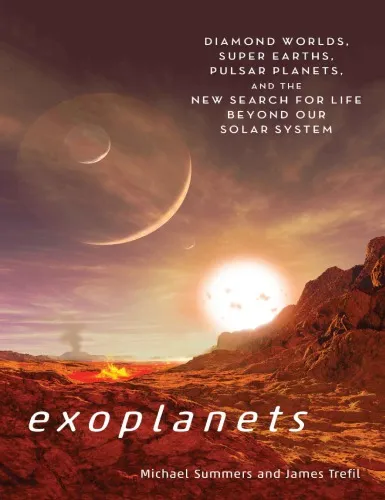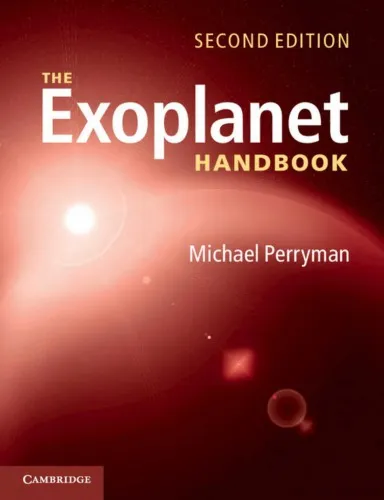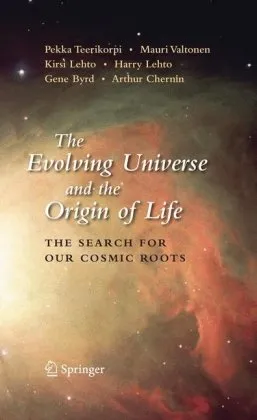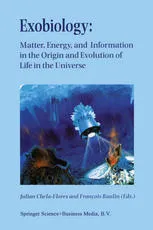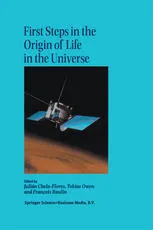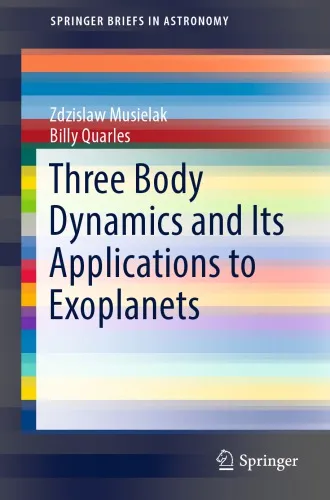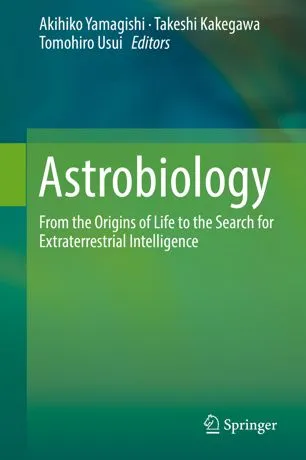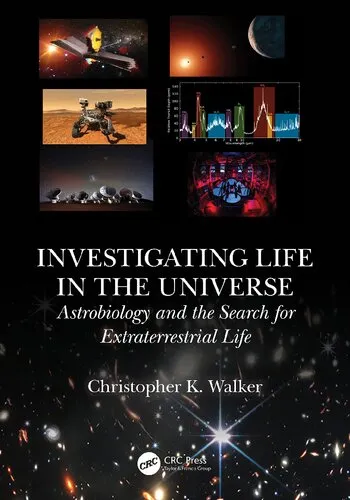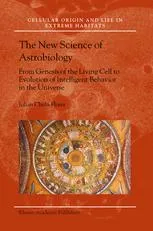Exoplanets: Diamond Worlds, Super Earths, Pulsar Planets, and the New Search for Life Beyond Our Solar System
4.5
Reviews from our users

You Can Ask your questions from this book's AI after Login
Each download or ask from book AI costs 2 points. To earn more free points, please visit the Points Guide Page and complete some valuable actions.Related Refrences:
Introduction to "Exoplanets: Diamond Worlds, Super Earths, Pulsar Planets, and the New Search for Life Beyond Our Solar System"
The universe is vast, mysterious, and teeming with possibilities that human curiosity will forever aim to unravel. In the book "Exoplanets: Diamond Worlds, Super Earths, Pulsar Planets, and the New Search for Life Beyond Our Solar System", we delve into one of the most thrilling frontiers of modern science: the study of planets outside our solar system, otherwise known as exoplanets. Written by acclaimed scientists Michael E. Summers and James Trefil, this book invites readers to embark on an eye-opening journey into the diverse and exotic worlds beyond our cosmic backyard.
From planets with oceans of molten lava to celestial bodies encrusted with diamonds, the universe reveals an incredible catalog of alien worlds that challenge our preconceived notions about planets and their potential to harbor life. By blending groundbreaking research, accessible language, and scientific discoveries, Summers and Trefil offer an exploration into how our ever-improving technology has revolutionized the quest to understand these fascinating satellites and their potential for sustaining life.
At its heart, "Exoplanets" is more than just a spectator’s guide to the galactic wonders—it is a profound reflection on the search for life beyond Earth and humanity’s role in the cosmic narrative. Whether you are a budding astronomer, a space enthusiast, or simply curious about how we fit into the universe, this book serves as both an educational resource and an inspiring inquiry into one of today’s most exciting sciences.
Detailed Summary of the Book
The book begins by laying a solid foundation for understanding exoplanets, explaining what they are, how they are discovered, and why they have become a focal point for astronomical research. Summers and Trefil explore the history of planetary discovery, from ancient theories of a geocentric universe to the groundbreaking realizations spurred by the Copernican Revolution and beyond.
Divided into several chapters, the authors break down the wide array of exoplanet types discovered to date. These include extremes such as "Hot Jupiters," massive gas giants orbiting close to their stars, and Earth-like planets located within the so-called "Goldilocks Zone," where conditions might be just right for life to exist. The book also brings attention to peculiar planets like rogue worlds, which drift through space without a host star, and pulsar planets, which orbit the remnants of dead stars.
While detailing the astonishing processes that enable scientists to detect and characterize these planets—whether through powerful telescopes or the transit method—the authors also pose intriguing questions about habitability. Which exoplanets might sustain life? What conditions are necessary for biology as we understand it? Could entirely different forms of life evolve elsewhere in the universe? These reflections further elevate the text into one that is as philosophical as it is scientific.
Key Takeaways
- Over 5,000 exoplanets have been confirmed, each with unique compositions, atmospheres, and characteristics that defy traditional planetary models.
- Technological advancements in observational astronomy have empowered scientists to study distant planets and their atmospheres with unparalleled precision.
- The discovery of diverse exoplanets challenges Earth's uniqueness and opens the door to the possibility of alien ecosystems.
- The Goldilocks Zone remains central to the search for life, but extreme environments on Earth teach us to expand our understanding of habitability.
- Exoplanet research reflects humanity's enduring quest to answer one of the universe's oldest questions: Are we alone?
Famous Quotes from the Book
"The universe is not just stranger than we imagine—it is stranger than we can imagine. And in the realm of exoplanets, that strangeness is on full display."
"If life exists beyond Earth, it will redefine our understanding of biology—and perhaps, even our place in the cosmos."
Why This Book Matters
The significance of "Exoplanets" lies in its ability to make cutting-edge science accessible to readers of all backgrounds. By demystifying the complexity of exoplanet research, Summers and Trefil encourage readers to ponder humanity’s relationship with the wider universe. With its strong narrative and scientific grounding, the book fosters a sense of awe and wonder while sparking meaningful conversations about our shared cosmic origins and destiny.
As exoplanetary discoveries continue to surge, this book stands as a timely resource for anyone eager to learn about the evolving science shaping our perception of Earth's place in the cosmos. More than a mere catalog of celestial marvels, "Exoplanets" encapsulates the essence of human curiosity and our unyielding desire to seek answers to the big questions.
Free Direct Download
You Can Download this book after Login
Accessing books through legal platforms and public libraries not only supports the rights of authors and publishers but also contributes to the sustainability of reading culture. Before downloading, please take a moment to consider these options.
Find this book on other platforms:
WorldCat helps you find books in libraries worldwide.
See ratings, reviews, and discussions on Goodreads.
Find and buy rare or used books on AbeBooks.
1423
بازدید4.5
امتیاز0
نظر98%
رضایتReviews:
4.5
Based on 0 users review
Questions & Answers
Ask questions about this book or help others by answering
No questions yet. Be the first to ask!
